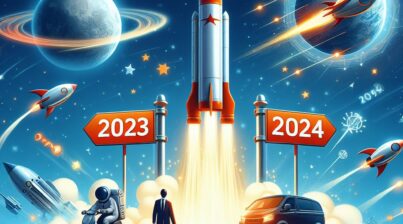In recent years, TikTok has become one of the most popular social media platforms in the world, with over a billion active users worldwide. However, with this popularity comes concerns about data privacy and the potential for the platform to exacerbate societal divides.
TikTok is owned by Chinese company ByteDance, and this has led to concerns about the Chinese government’s access to user data. In 2020, former US President Donald Trump threatened to ban the app in the US, citing national security concerns. While the ban was ultimately blocked by a court, it highlights the potential for TikTok to become a tool for international espionage.
TikTok’s algorithm
Moreover, TikTok’s algorithm has been criticized for potentially contributing to the polarization of society. The app’s recommendation algorithm learns from user behavior and tailors content to individual users. This means that users are likely to be presented with content that confirms their existing beliefs and biases, which can reinforce societal divisions and exacerbate political polarization.
The combination of potential data privacy concerns and the potential for TikTok to exacerbate societal divides has led to calls for greater regulation of the platform. Some have called for a ban on the app, while others have advocated for greater transparency around data privacy practices and the app’s algorithm.
Despite these concerns, TikTok remains one of the most popular social media platforms in the world. Its short-form videos and easy-to-use editing tools have made it a favorite among young people, and its popularity shows no signs of slowing down.
TikTok’s potential to control data and divide society is a cause for concern, it is important to recognize the platform’s popularity and its potential to bring people together. Greater regulation and transparency are needed to address these concerns, but it is also important to acknowledge the positive aspects of the platform and the role it plays in our increasingly interconnected world.

Instagram, like TikTok, is a social media platform that relies on user-generated content. It is owned by Facebook, which has also faced criticism over data privacy concerns. However, Instagram’s algorithm is somewhat different from TikTok’s in that it prioritizes content from users’ friends and family over content from strangers. This could potentially lead to less polarization, as users are more likely to be exposed to diverse perspectives from people they already know and trust.
However, Instagram has also faced criticism for its potential role in contributing to societal divisions. The platform has been accused of contributing to body shaming and low self-esteem among young people, particularly young women. Instagram influencers, who often have large followings and promote unrealistic beauty standards, have also been criticized for contributing to these issues.
In terms of data control, Instagram has faced similar concerns to TikTok. Facebook, which owns Instagram, has been accused of mishandling user data and using it for targeted advertising. Like TikTok, Instagram’s algorithm learns from user behavior to tailor content, which could contribute to filter bubbles and confirmation bias.
Despite these concerns, Instagram remains one of the most popular social media platforms in the world. Its focus on visual content and the ability to connect with friends and family has made it a popular choice for people of all ages.
Overall, while there are similarities between TikTok and Instagram when it comes to data control and societal division, there are also differences in the way these platforms operate. It is important for users to be aware of these issues and to advocate for greater transparency and regulation to address them.






😨 scary! They own us!